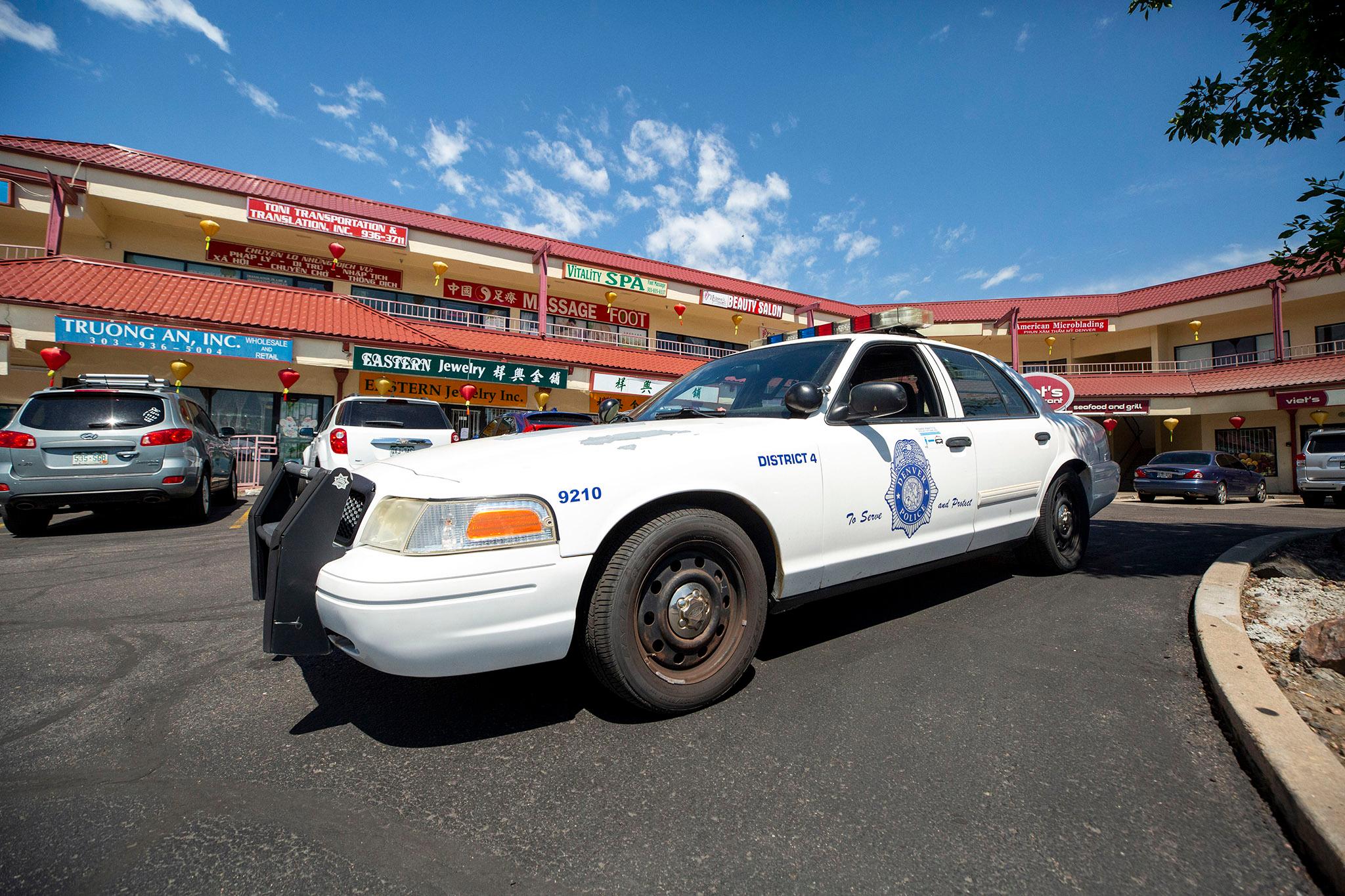Questions and concerns still remain after Aurora City Council's 5-4 vote to suspend its mutual aid agreement with the City and County of Denver.
Aurora's move means the city will not deploy its officers into Denver if the Denver Police Department requests assistance for things like protests or rallies. But beyond that, it's unclear if this would include other major events -- like say a Nuggets NBA Championship Parade or Pride Fest -- or sudden emergencies.
Peter Schulte, the Public Safety Client Group Manager for the Aurora City Attorney's Office, says normal policing should not be affected.
"The day-to-day actions where we have officers that work together along the jurisdictional boundaries of Denver and Aurora would not change. That's the other aspect of the law that deals with those," Schulte said. "It does say that nothing in this resolution shall be deemed to change the legal ability of officers from either jurisdiction to cross over jurisdictional lines on day-to-day situations as allowed by other law."
The dispute between the two cities stems from the George Floyd protests in 2020 when DPD asked surrounding law enforcement agencies to assist with crowd control. The City and County of Denver reached settlements with 12 protestors totalling $14 million. The settlement didn't include Aurora's officers. Now protestors are suing that city, and Aurora officials want Denver to indemnify their officers to avoid other costs.
A Denver Police spokesman said in an email statement that "the resolution will not affect DPD's approach to day-to-day operations and investigations of incidents that overlap our jurisdiction." However they would not comment further due to the pending lawsuits.
But those reassurances did not appease concerns from critics.
"If I'm a Denver officer and Aurora City Council passes what's essentially a big middle finger to Denver, I'm gonna make it pretty challenging to solve some of those day-to-day crimes," Aurora Mayor Pro Tem Curtis Gardner, who voted against the measure, said during city council this week. He voted against the measure.
Gardner expressed future concerns over the relationship between the two departments. He also pushed for Mayor Mike Coffman to discuss the issue with Denver Mayor Mike Johnston, who had been sworn into office this week. Johnston's office has not responded to Denverite for comment.
"What my concern is by passing something like this, unofficially behind the scenes, day-to-day police work, where a car is stolen in Aurora and ends up in Denver, or a drug case or any other crime that crosses city borders because we all know criminals and really nobody cares about city borders," he said.
"We have a longstanding, close working relationship with the Denver Police Department and diligently work with their leadership team and officers to keep our communities safe every day. That relationship will not change," Aurora Interim Police Chief Art Acevedo said in a statement Tuesday.
"In the rare instances of large-scale events that lead to formal requests for large-scale mutual aid responses from Aurora officers, we will continue to assess each of them on an individual, case-by-case basis," Acevedo said.
The Aurora Police spokesperson Sydney Edwards said the department would not comment further due to pending litigation.












